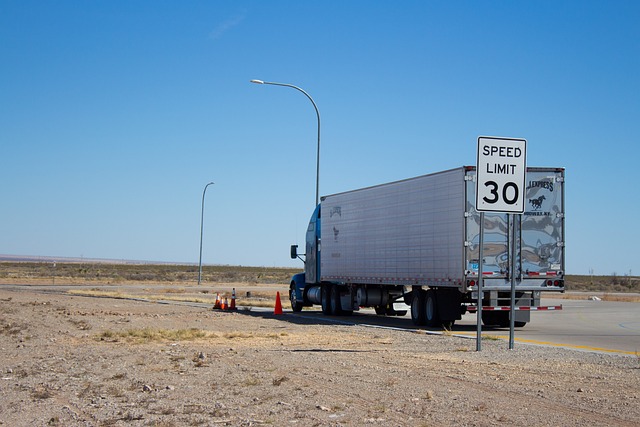Trucking insurance owner-operators face unique risks, from mechanical failures to safety inspections, impacting their financial stability and personal well-being. Mitigating these risks through tailored insurance policies is crucial. Regular maintenance and proactive safety measures, such as advanced technologies, reduce accidents, minimize downtime, and ensure smooth operations. Comprehensive trucking insurance policies protect against financial losses related to accidents, property damage, and injuries, while regular policy reviews keep coverage aligned with evolving industry challenges.
In the dynamic world of trucking, mitigating risks is no simple task for owner-operators. With constant pressure to meet deadlines and maximize profits, understanding and managing safety hazards are paramount. This article delves into effective strategies for risk management, focusing on proactive safety measures and regular maintenance as cornerstone defenses against unforeseen events. Additionally, we explore the pivotal role of trucking insurance in complementing these efforts, ensuring owner-operators navigate treacherous roads with enhanced protection and peace of mind.
Understanding Risks in Trucking: A Challenge for Owner-Operators
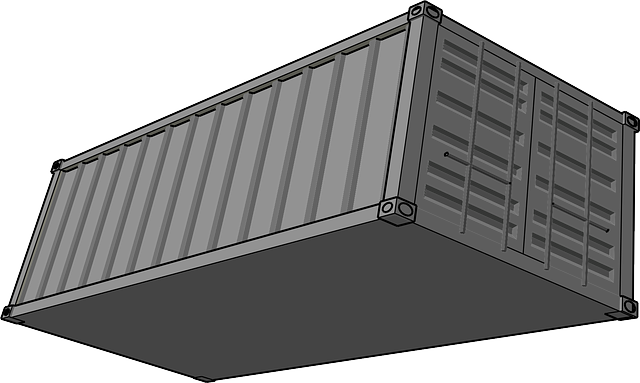
Understanding risks in trucking is a constant challenge for owner-operators, who bear the brunt of financial and operational responsibilities. Without access to extensive resources typically enjoyed by larger fleets, these independent operators must meticulously navigate a landscape fraught with potential hazards. From mechanical failures to safety inspections and weather conditions, every facet of their operations poses risks that can significantly impact their bottom line and personal well-being.
Trucking insurance plays a crucial role in mitigating these risks. Owner-operators must carefully select coverage options tailored to their specific needs, balancing costs against the potential for financial loss. Regular maintenance, coupled with proactive safety measures, becomes an indispensable strategy. By staying on top of vehicle upkeep and adhering to safety protocols, owner-operators can reduce the likelihood of accidents, minimize downtime, and ultimately ensure the smooth operation of their businesses.
Proactive Safety Measures: An Owner-Operator's Best Defense
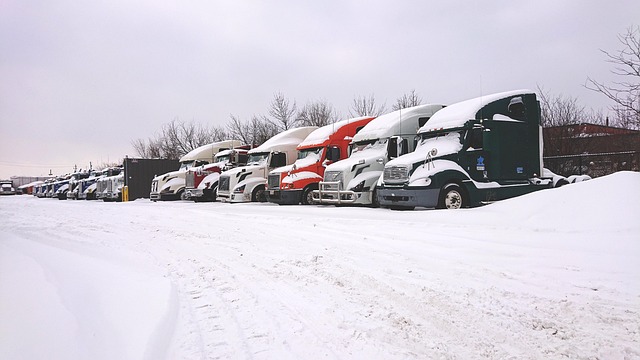
Proactive safety measures are an owner-operator’s best defense in mitigating risks and ensuring smooth operations. By adopting a forward-thinking approach, trucking insurance owners can significantly reduce potential losses and accidents. Regular equipment maintenance, for instance, plays a pivotal role in preventing breakdowns and prolonging vehicle lifespan. A well-maintained truck is less likely to face mechanical failures, minimizing the risk of road hazards and delays.
Additionally, incorporating advanced safety technologies into daily routines offers tremendous advantages. From collision avoidance systems to driver fatigue monitoring, these tools empower owner-operators to make informed decisions and react promptly to unsafe conditions. Such proactive measures not only contribute to safer driving but also attract insurance providers who recognize the commitment to risk management, potentially leading to more favorable trucking insurance policies for owner-operators.
Regular Maintenance: The Cornerstone of Risk Mitigation
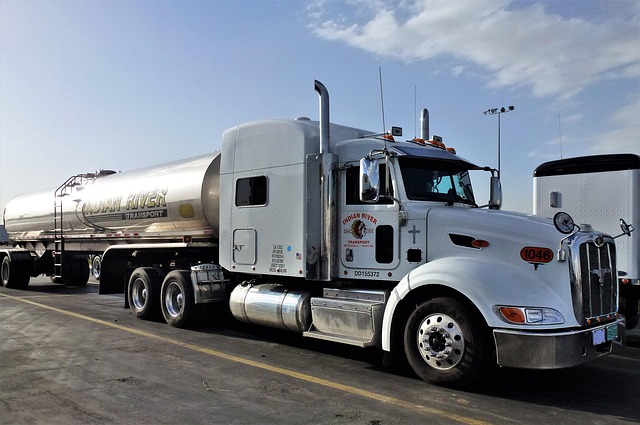
Regular maintenance is a proactive approach that forms the bedrock of risk mitigation for trucking insurance owner-operators. By incorporating scheduled check-ups and repairs into their operations, operators can identify potential safety hazards before they escalate. This involves routine inspections of critical components such as brakes, tires, lighting systems, and engines. Such regular care not only extends the lifespan of vehicles but also ensures they meet safety standards, reducing the likelihood of accidents and associated costs.
For owner-operators, prioritizing maintenance is a strategic decision that demonstrates a commitment to both their business’s longevity and public safety. It involves creating a structured maintenance schedule, staying updated on industry regulations, and utilizing reliable service providers. By embracing this disciplined approach, trucking professionals can minimize unexpected breakdowns, extend the life of their fleet, and ultimately contribute to a safer road environment.
The Role of Trucking Insurance in Completing the Puzzle
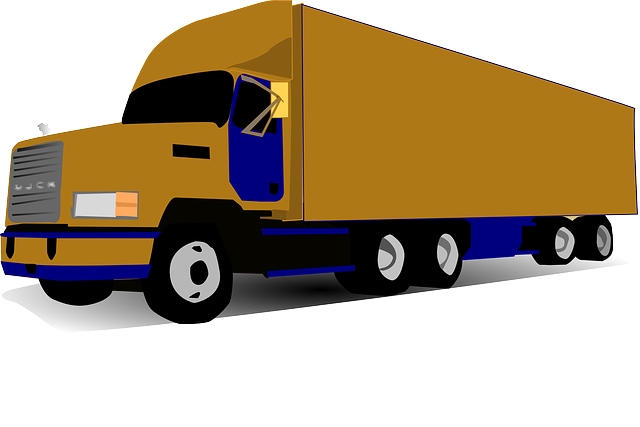
Trucking insurance, especially for owner-operators, plays a pivotal role in completing the puzzle of risk mitigation within the industry. It serves as a shield against potential financial losses and legal liabilities that may arise from accidents, property damage, or injuries sustained during transportation operations. Owner-operators, being self-employed, bear the brunt of these risks without the safety net of corporate insurance coverage. Therefore, obtaining comprehensive trucking insurance is not just advisable but essential for their business’s longevity and personal financial security.
The insurance covers various aspects, including liability for damages caused to third parties, cargo loss or damage, and even protection against legal fees and medical expenses related to accidents. It also includes specific coverages tailored to the unique needs of owner-operators, such as dispatch services liability, which protects against claims arising from errors in dispatching or routing. Regularly reviewing and updating trucking insurance policies is crucial to ensure adequate coverage as the industry evolves and faces new challenges.
In conclusion, mitigating risks through proactive safety measures and regular maintenance is paramount for trucking industry success. By understanding the unique challenges faced by owner-operators, implementing best defence strategies like advanced safety technologies, and prioritizing routine checks, operators can significantly reduce incidents. Trucking insurance plays a crucial role in completing this risk management puzzle, offering financial protection against unforeseen events while encouraging responsible practices among owner-operators.
